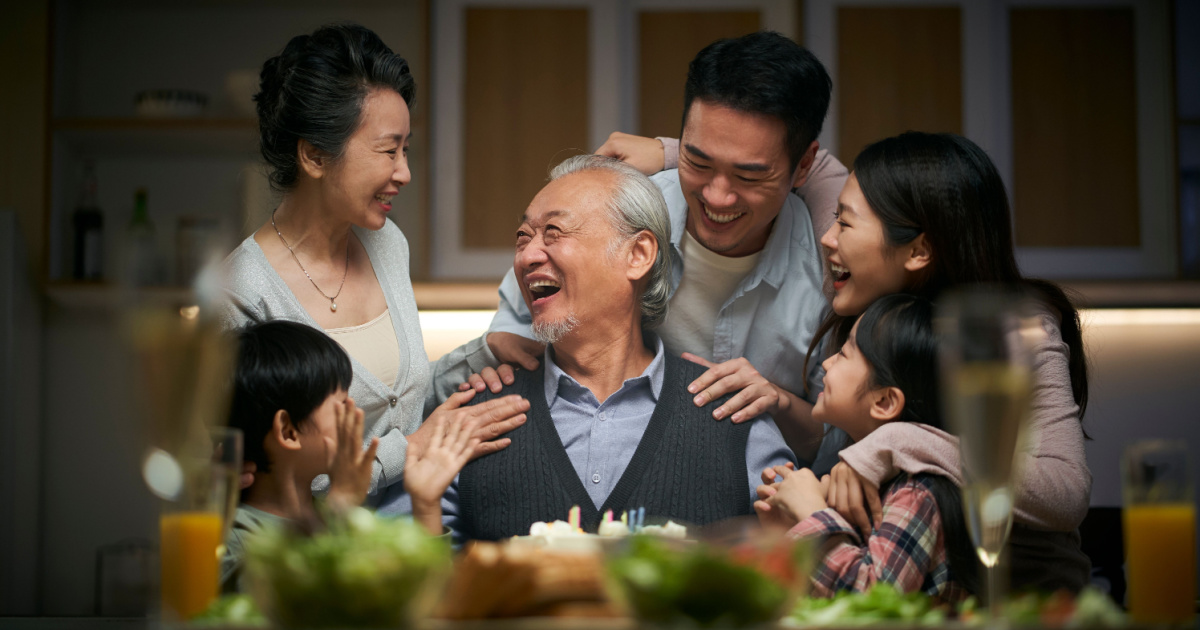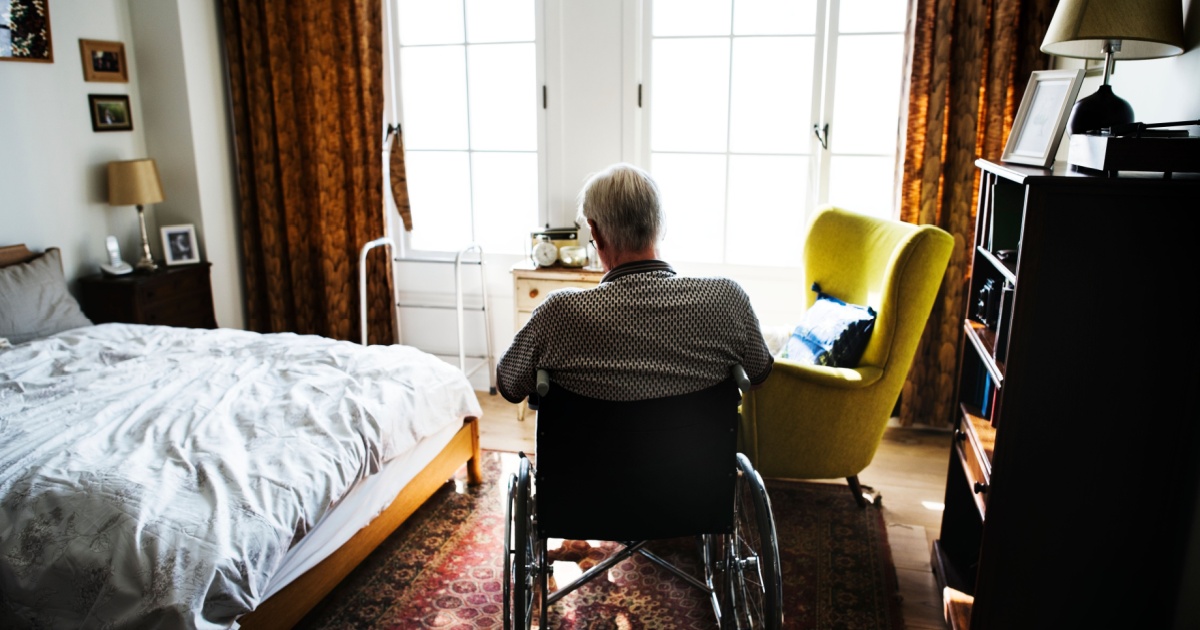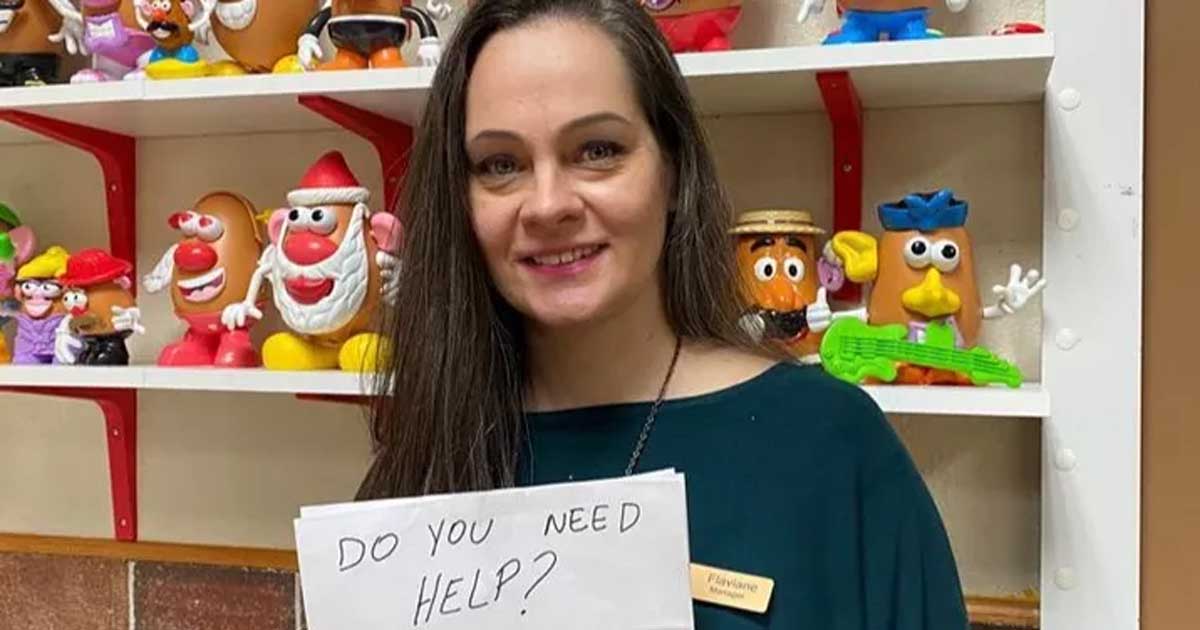Why do some people choose to die alone?
In life, we often picture our final moments surrounded by family and friends, filled with love and goodbyes.
However, not everyone dreams of such farewells. Many people prefer to face their last moments alone, a choice driven by deep personal reasons and beliefs.

Some individuals value their independence so much that they wish to maintain it until the very end. Glenys Caswell, a social researcher, has found that dying alone isn’t always seen as sad or lonely by those who choose it. Instead, it’s a way to keep their autonomy, avoiding the confines of a care facility or the feeling of being a burden to others.
Another compelling reason for choosing solitude in death is to protect loved ones from the pain of witnessing the final moments. Lizzy Miles, a hospice social worker, notes that many parents, in particular, prefer to die alone to spare their children the distress of seeing them pass away. This act of protection is a profound expression of love, showcasing the complex emotions involved in end-of-life decisions.

Cultural and personal beliefs also play a significant role in this choice. While society often emphasizes the importance of a communal departure, personal comfort, media portrayals, and healthcare policies can influence individuals to opt for solitude. It’s important to respect these personal choices and ensure compassionate care that aligns with each person’s wishes.
Discussing end-of-life preferences can be uncomfortable but essential. By fostering open communication, families can ensure that the wishes of their loved ones are respected and honored, reducing guilt and uncertainty. This dialogue allows for decisions that are made with dignity and grace.

The idea of dying alone challenges the traditional view of a ‘good death’ but highlights the deeply personal nature of end-of-life choices. While many find comfort in being surrounded by loved ones, it’s crucial to acknowledge and respect those who choose solitude, providing them with care that honors their preferences.





